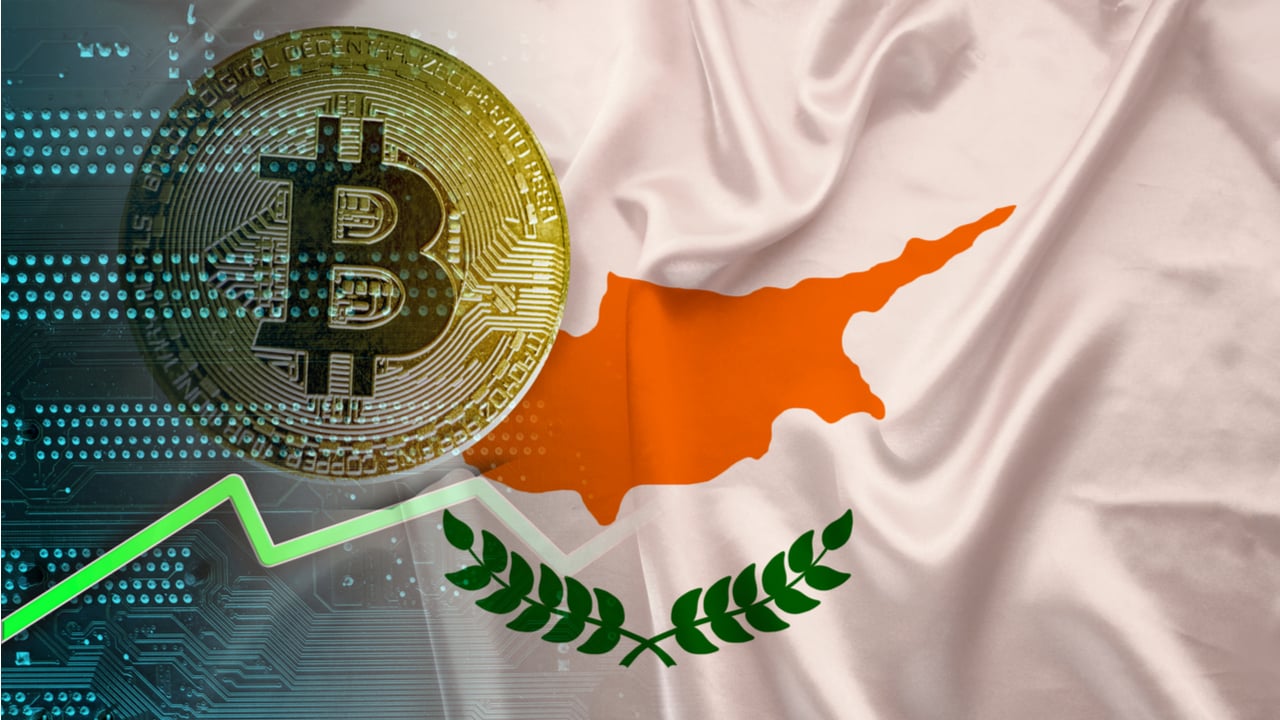Canada’s government has announced it will halt its work at the China-led Asian Infrastructure Investment Bank (AIIB). The dramatic move comes after allegations surfaced that the Chinese Communist Party interfered substantially in the organisation’s work. India’s voting power in the AIIB is second only to China’s and the country has been a key beneficiary of the bank’s loans. Mint breaks down the latest development.
- The AIIB was launched in 2016 with 57 founding countries. China drove the creation of the bank, which was seen as China’s answer to international institutions such as the World Bank.
- The bank has since grown, and now has 92 members with a declared capital of $100 billion. China has provided close to $30 billion in funding to the AIIB and has the largest voting share. According to its website, the bank has invested around $42 billion in 221 projects.
- On 14 June, AIIB’s communications chief Bob Pickard resigned from his role. In a scathing post on Twitter, Pickard, who is Canadian, accused the bank of “being dominated by Communist Party members” and of having “one of the most toxic cultures imaginable”.
- “I don’t believe that my country’s interests are served by its AIIB membership,” Pickard said. Shortly afterwards, Canadian finance minister Chrystia Freeland announced that her country would suspend participation in the bank, pending a review of the allegations. “I have instructed the Department of Finance to lead an immediate review of the allegations raised and of Canada’s involvement in the AIIB,” she was quoted as saying.
- Minister Freeland said the decision was also taken in light of democratic countries’ growing desire to “de-risk” their economies by reducing their reliance on authoritarian regimes.
- China, for its part, has not taken news of Canada’s decision well. The country’s foreign ministry released a statement calling Bob Pickard’s allegations “baseless” and “disappointing”. The AIIB also disputed Pickard’s characterisation of events.
- India is not divorced from the controversy as it enjoys the second-strongest voting power in the AIIB after China and has received billions in funding for infrastructure projects from the bank.
- The controversy highlights the growing divisions between the West and China. When the bank was first launched, the US lobbied its allies to avoid joining it. Its efforts ended in embarrassing failure, given the optimistic outlook on China. Even the United Kingdom, Washington’s closest ally, signed up. Canada’s break with the AIIB reflects just how much attitudes on China have changed since then.
Download The Mint News App to get Daily Market Updates.
More
Less
Updated: 16 Jun 2023, 02:53 PM IST















